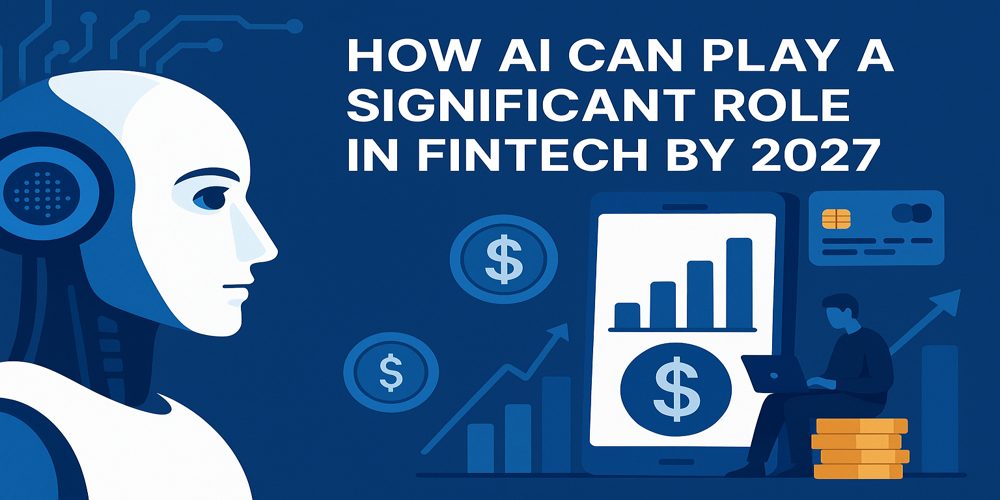Why Personal Loans are Best for Medical Emergencies
If the COVID-19 crisis has taught us anything, it’s that – Life is unpredictable. Uncertainties such as a medical emergency can knock on your door anytime. Medical emergencies hurt you both emotionally and financially. If you do not have surplus funds, a medical emergency can increase the financial stress in your life.
The cost of healthcare services is increasing exponentially in India. At times, even your existing health insurance may not cover the full cost of treatment. Hence, to manage medical emergencies, you can opt for a personal loan. Personal loans are unsecured loans applied for an immediate need for funds. In the case of a financial crunch, you can easily manage the payment of medical bills with a quick personal loan.
How Personal Loans can help you Face Medical Emergencies
1. Get funds quickly
Medical emergencies can never be anticipated. When you apply for a personal loan, you can get access to immediate funds, usually in 5-6 hours in case of pre-approved loans. All other types of loans require a long processing time making them undesirable.
2. Access to Premium Medical Care
The quality of medical care plays a significant role in the treatment. Due to a lack of funds, you may not afford quality medical care at reputed hospitals. With immediate financial assistance in the form of a personal loan, you can avail the best treatment.
3. No collateral
Secured loans have a lengthy process and several formalities. However, unsecured loans need no collateral, and hence can be disbursed within 1-3 days. In the case of pre-approved personal loans, you can get funds within a few hours. Personal loans are the best for individuals who do not have any security to attach.
4. Fixed Interest Rates and Repayments
Personal loans carry fixed interest charges and fixed repayments. Every month a fixed amount gets debited from your account as a monthly instalment. With fixed EMIs, you can easily repay the loan in a specified period.
5. Minimum Documentation
As a personal loan is an unsecured loan, it requires minimum formalities. With identity, address, and income proof, personal loans get approved quickly. If you have a pre-approved loan, you do not even need to submit the KYC documents. In contrast, other loans often require multiple visits to the bank for detailed documentation.
6. Hassle-free Loan Process
A medical emergency creates a lot of stress. Arranging funds is very challenging and stressful too. The entire procedure of applying for a personal loan and getting the funds in your account can all be done online, thus making it a truly hassle-free process.
7. Flexibility in the use of funds
As soon as a personal loan is disbursed, you have the discretion to use funds as you like. You can utilize the money for payment of medical bills, for an expensive treatment, doctor consultation fee, or also use it for both pre and post-hospitalization expenses, etc. You are not required to submit any medical proof before using the funds. The condition attached to a personal loan is repayment of monthly instalments.
8. Affordable EMIs
Individuals prefer personal loans as the monthly instalments are quite affordable. You can apply for a personal loan with tenure from 12 to 60 months for a fixed rate of interest. The EMIs are affordable in comparison to credit card EMIs. As the individual is mentally prepared for making monthly repayments, there is less pressure.
Personal loans are applied for a minimum of ₹1 lakh to a maximum of ₹40 lakhs. The higher your salary/income, the higher can be your loan amount. Maintaining a good credit score is your responsibility as the credit score plays an important role in being eligible for a personal loan.
Despite having a higher salary, if you have a poor credit score due to non-payment of credit card bills, or bouncing of cheques, your loan application can be rejected.
Eligibility Criteria
To be eligible for a personal loan, check the below-given criteria –
1. Age criteria- Individuals aged between 18-65 years can apply for a personal loan.
2. Residential status- Only resident Indians can apply for a personal loan in the banking institutions in India.
3. Income- You can only apply for a personal loan if your salary is above ₹15,000.
4. Occupation- A salaried professional or a self-employed individual can apply for a personal loan.
5. Credit score- A good credit score of 750/900 is eligible, although some lenders may offer loans to individuals having a score of 600+, albeit at higher interest rates.
Documents required for an Emergency Personal Loan
You need to submit these documents –
1. PAN Card/ Aadhaar Card as identity proof.
2. Electricity bill or any other utility bill as address proof.
3. Bank statements of the past 6 months reflecting credit of salary.
4. For self-employed, existence of business through shop registration/property documents/GST registration.
FAQs
1. Can I use a personal loan amount for IVF treatments?
Yes, you can use the loan amount for any medical treatment and payment of medical bills.
2. Do I need to submit any medical proof to get a personal loan?
No, you are not required to submit any medical proof for taking a personal loan for a medical emergency. A personal loan is applied to manage any sort of immediate needs and personal expenses.
3. Are there any hidden charges?
No, there are no hidden charges. Financial institutions charge a low processing fee for granting a personal loan. Prepayment charges may also be applied.








